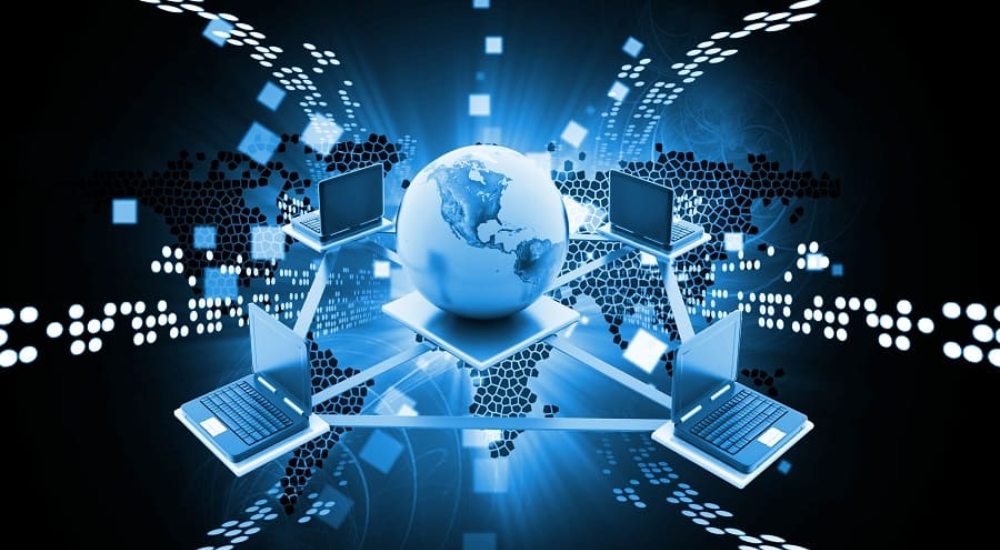5G technology is being hailed as a major revolution in telecommunications, set to change how people connect and interact with the world. Compared to previous generations, 5G offers faster speeds, lower latency, and the ability to connect billions of devices simultaneously. This not only enhances the user experience but also unlocks the potential for numerous applications across various industries. In this article, we will explore 5G technology, its real-world applications, and its impact on the future of life and business.
1. What is 5G Technology?
5G is the fifth generation of mobile networks, designed to offer faster speeds, greater bandwidth, and the ability to support a large number of connected devices at once. Key features of 5G include:
- Superfast Speeds: 5G delivers speeds 10 to 100 times faster than 4G. This allows users to download large files, stream 4K or even 8K videos seamlessly.
- Low Latency: 5G latency is around 1 millisecond, compared to 30-50 milliseconds for 4G. This is crucial for applications requiring real-time responses, such as gaming, autonomous vehicles, and remote surgery.
- Better Device Connectivity: 5G can connect more devices simultaneously without compromising service quality. This is essential for the Internet of Things (IoT), where billions of devices are connected at the same time.
2. Real-World Applications of 5G
5G technology is more than just an upgrade to mobile networks; it opens up new opportunities for industries and emerging applications.
- Smart Cities: With 5G, smart cities will become more feasible. Intelligent traffic systems, efficient energy management, and comprehensive security surveillance systems will rely on 5G’s high-speed and low-latency connectivity to operate smoothly.
- Autonomous Vehicles: Autonomous driving technology requires a network with near-zero latency to ensure safety. 5G’s speed and low latency allow self-driving cars to communicate with other devices on the road in real time, ensuring safe and efficient travel.
- Telemedicine: 5G will revolutionize healthcare with the ability to support remote surgeries and continuous patient monitoring through connected devices. Doctors can perform complex procedures remotely with the assistance of surgical robots, thanks to 5G’s stable and fast connection.
- Entertainment and Gaming: With fast data transmission, 5G will bring gaming experiences to new heights, with smooth 4K resolution or VR/AR experiences. Users can also enjoy seamless, high-quality streaming services without buffering or lag.
3. The Benefits of 5G in Business
5G not only benefits consumers but also offers significant potential for business development.
- Increased Productivity: Companies can leverage 5G to optimize production and management processes. Automated systems, remotely controlled machines, and robots will operate more efficiently with stable and fast connections.
- Industrial IoT Connectivity: 5G plays a crucial role in allowing factories to manage thousands of IoT devices and sensors in real time. This enables businesses to monitor and adjust production processes efficiently, reduce costs, and enhance precision.
- E-Commerce: E-commerce platforms will benefit from 5G’s faster page loading speeds and the ability to support more interactive online shopping experiences, such as AR product previews or 3D shopping experiences.
4. Challenges of 5G Technology
Despite the many potentials of 5G, deploying this technology does not come without challenges.
- Infrastructure: Implementing 5G requires substantial investments in infrastructure, from installing new cell towers to enhancing fiber-optic networks. This makes rolling out 5G in rural or remote areas more difficult.
- Security and Privacy: With massive amounts of data being transmitted over 5G networks, cybersecurity and privacy threats will increase. Businesses and governments must develop robust security measures to protect personal information and sensitive data.
- Device Costs: 5G-enabled devices such as smartphones, tablets, and IoT gadgets are still relatively expensive, limiting the accessibility of this new technology to mainstream consumers.
5. The Future of 5G Technology
The future of 5G goes beyond faster connection speeds; it also lays the groundwork for the development of many advanced technologies.
- Virtual Reality (VR) and Augmented Reality (AR): With 5G, VR and AR will become more prevalent in education, entertainment, and business. VR/AR applications will become smoother, creating more immersive and interactive experiences.
- Applications in Artificial Intelligence (AI): The combination of 5G and AI will lead to smarter systems, helping optimize operations in sectors like healthcare, transportation, and urban management.
- Internet of Things (IoT): 5G will be a driving force for the development of IoT, from smart home devices, smart cities, to intelligent industrial production systems.
Conclusion
5G technology promises to revolutionize global connectivity, transforming how we live, work, and interact with the world. With its high speed, low latency, and superior connectivity capabilities, 5G will open up numerous development opportunities across industries and new applications. However, to fully capitalize on the benefits of 5G, nations and businesses must overcome challenges related to infrastructure, security, and costs. In the future, 5G will not only provide better connectivity but will also be the foundation for other advanced technologies to flourish.

